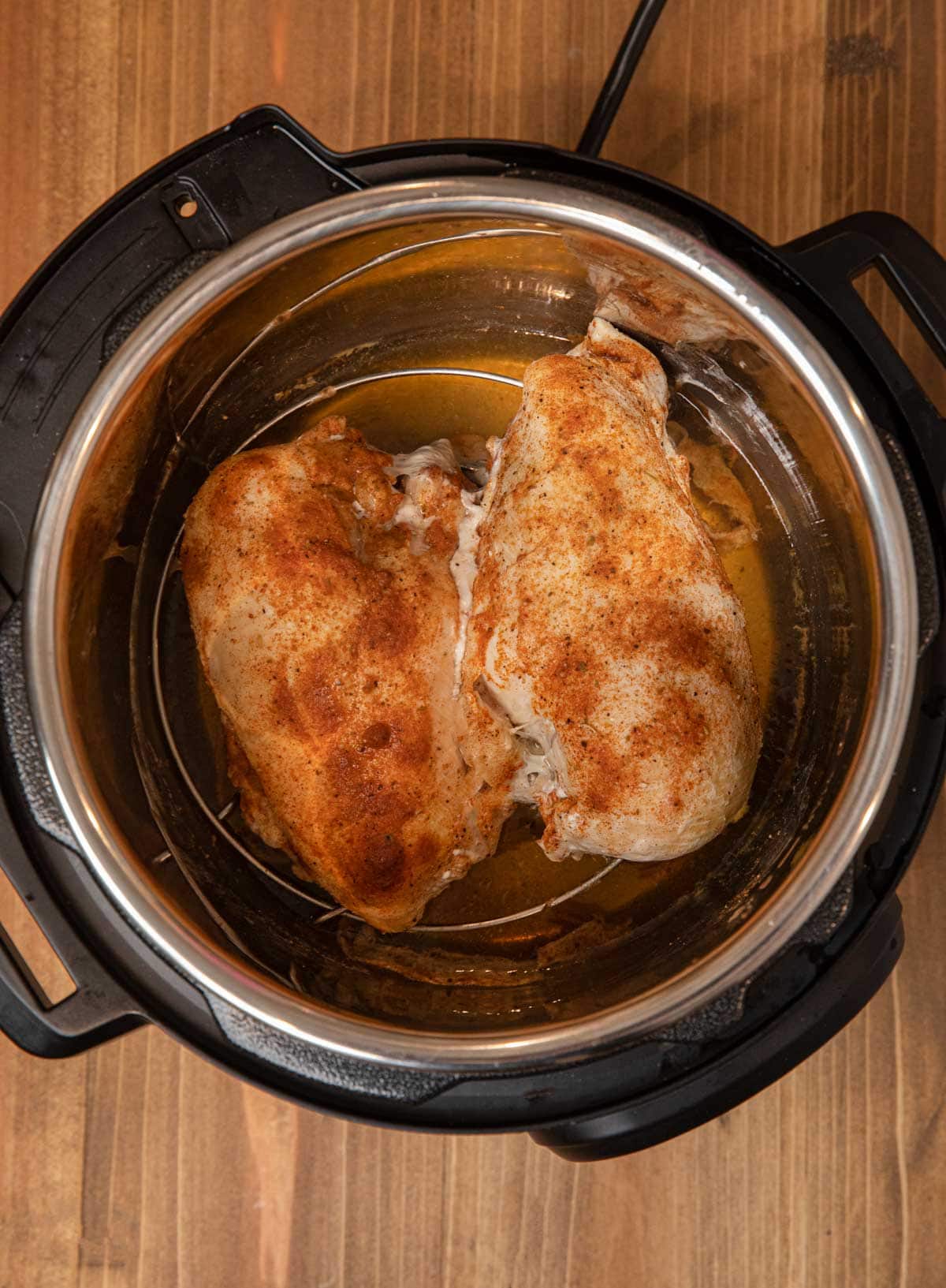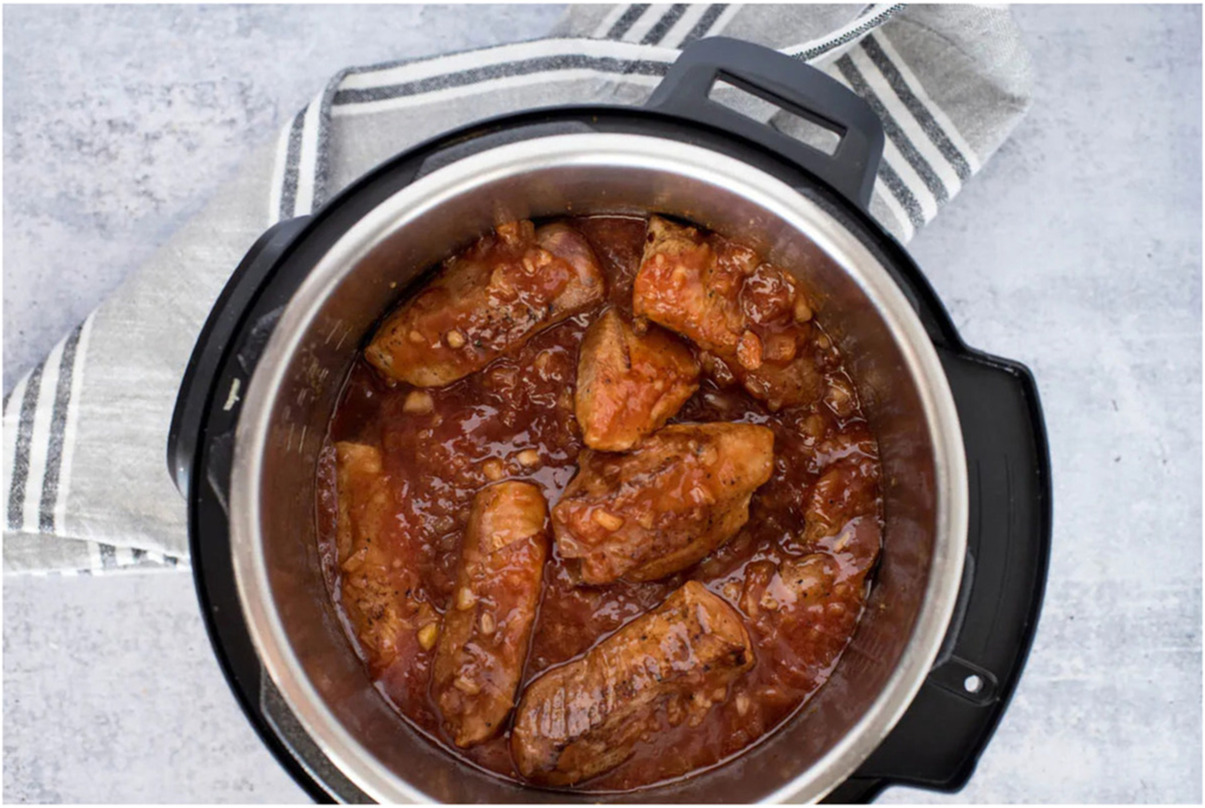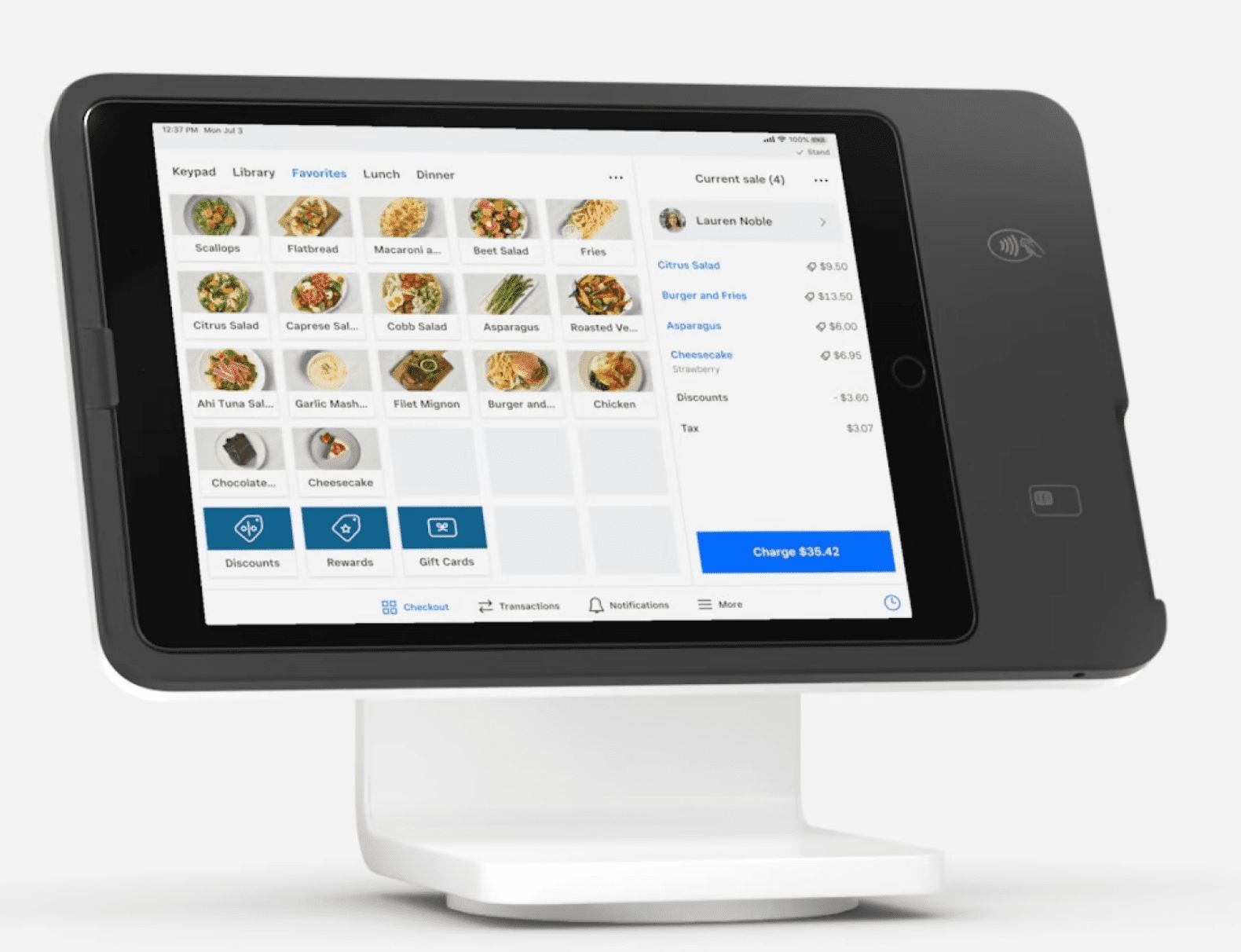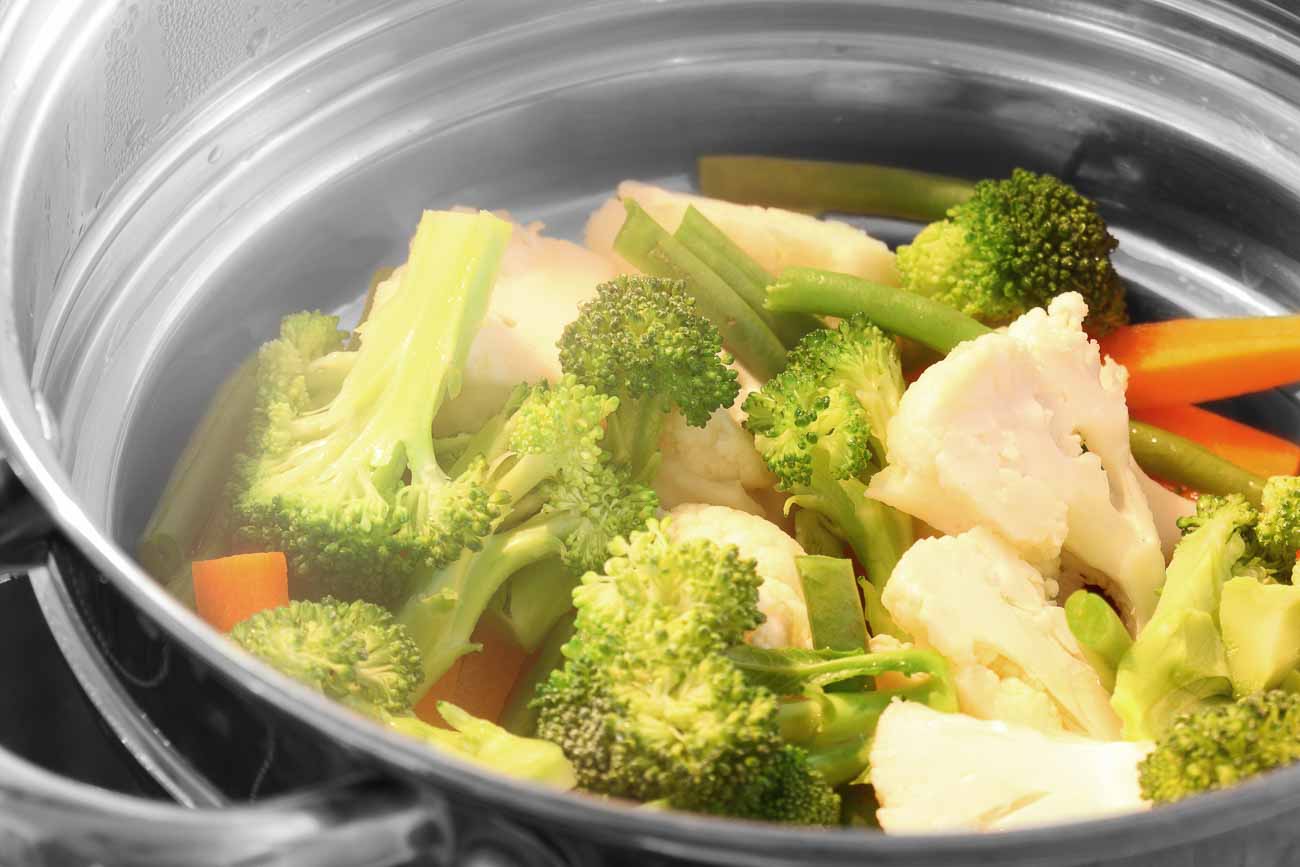Salted, a company specializing in building quick-serve restaurant (QSR) brands, has recently secured $14 million in Series B funding. This significant investment will be used to fuel the company’s ambitious growth plans, aiming to establish “thousands of locations” in the coming years, according to CEO Jeff Appelbaum.
Key Takeaway
Salted has secured
4 million in funding to support its plans of expanding its QSR brands and establishing “thousands of locations” nationwide over the next few years.
Creating Unique QSR Brands
Since its inception in 2014, Salted, based in Los Angeles, has successfully developed six distinct QSR brands. These brands include moonbowls, offering Korean cuisine, Cauliflower Pizza, and lulubowls, serving Hawaiian-inspired dishes. What sets Salted apart from its competitors is its ownership of intellectual property and the operation of its brands.
Appelbaum believes that Salted presents a unique opportunity to build QSR brands that cater to the preferences of a new generation of restaurant-goers. Instead of relying on outdated models, Salted focuses on food that customers feel good about bringing into their homes. This strategy includes an emphasis on delivery and takeout as core competencies and a commitment to being cap-ex light.
A Different Approach in the Market
Salted’s business model distinguishes itself from the popular “ghost kitchen” or virtual restaurant concepts that have emerged in recent years. While some virtual restaurant businesses have found success, others have encountered challenges. For example, Virtual Dining Concepts faced a lawsuit from YouTube star MrBeast over his MrBeast Burger, and Uber Eats cleared its app of thousands of virtual restaurant listings.
One of Salted’s key advantages is its restaurant operations software, which ensures consistency across all its locations. The software includes features such as image capture for training kitchen staff and tracking ingredient usage. This focus on quality control has allowed Salted to maintain steady revenue growth, with all locations demonstrating profitability and averaging over $1 million in orders per year.
Expansion and Growth Strategy
In addition to its organic growth, Salted is actively pursuing strategic acquisitions. The company is close to completing its first acquisition, a Mediterranean-inspired brand that has already been successfully tested in six Salted locations.
The recent Series B funding round was led by Creadev, which also led Salted’s Series A investment in 2021. This investment round also included participation from Proof Ventures and B. Riley Financial. The new funding will enable Salted to accelerate its expansion plans by hiring more staff, investing in technology, and pursuing additional brand acquisitions.
Appelbaum envisions Salted expanding its presence across major metropolises and gradually expanding into international markets. While currently operating in nine states, the company plans to enter new markets within the United States before considering international expansion in the coming years.
With its innovative approach to QSR brands and the backing of significant funding, Salted is well-positioned to shake up the industry and carve out a significant share in the competitive restaurant market.

























